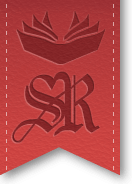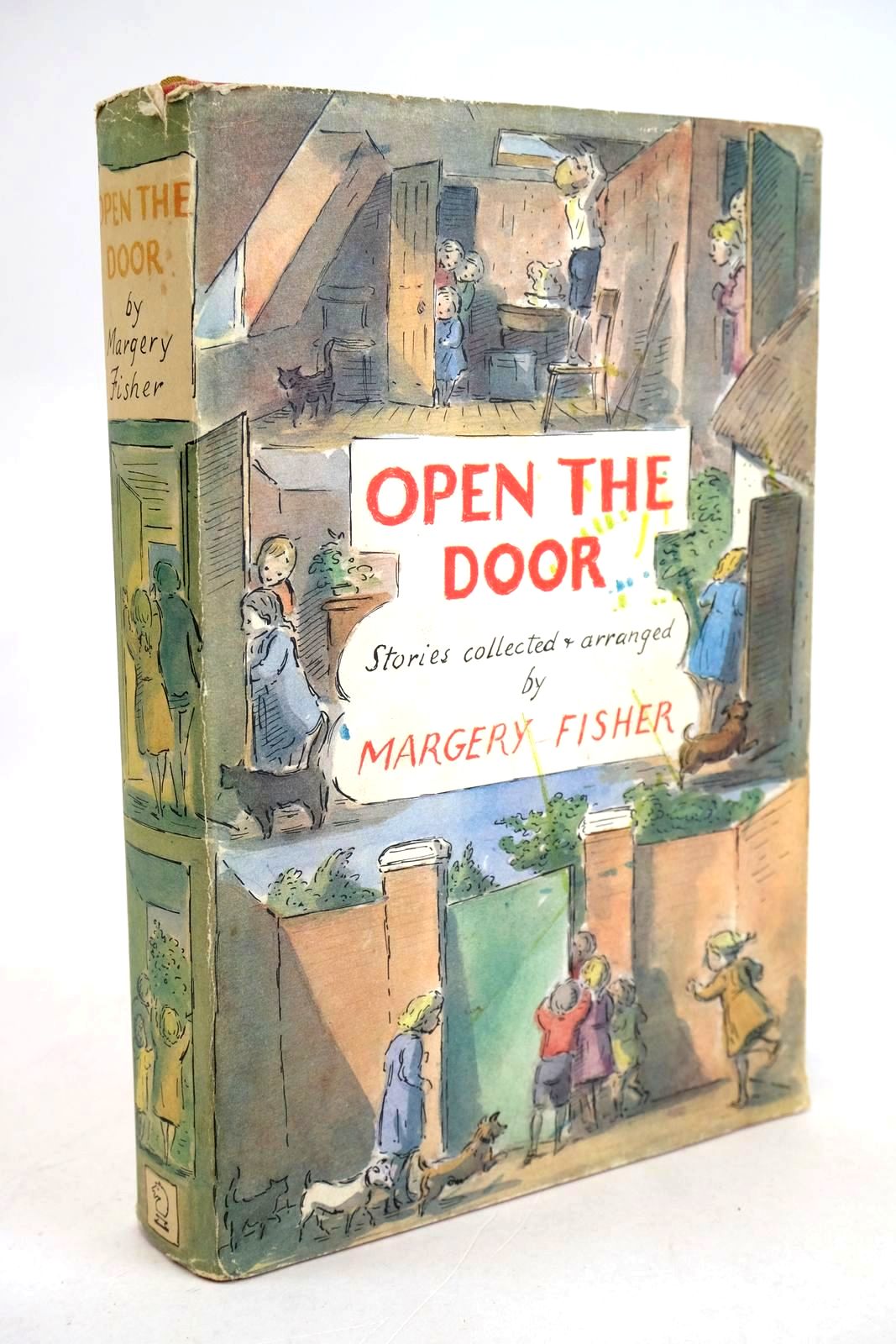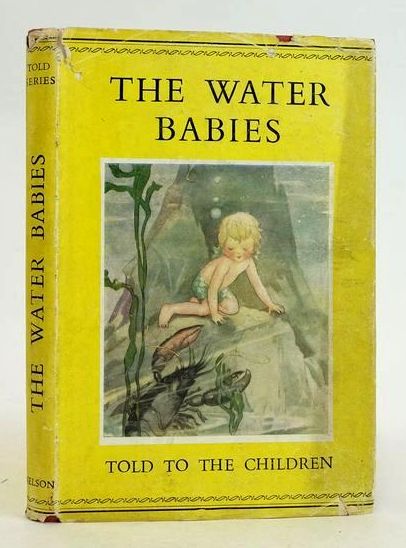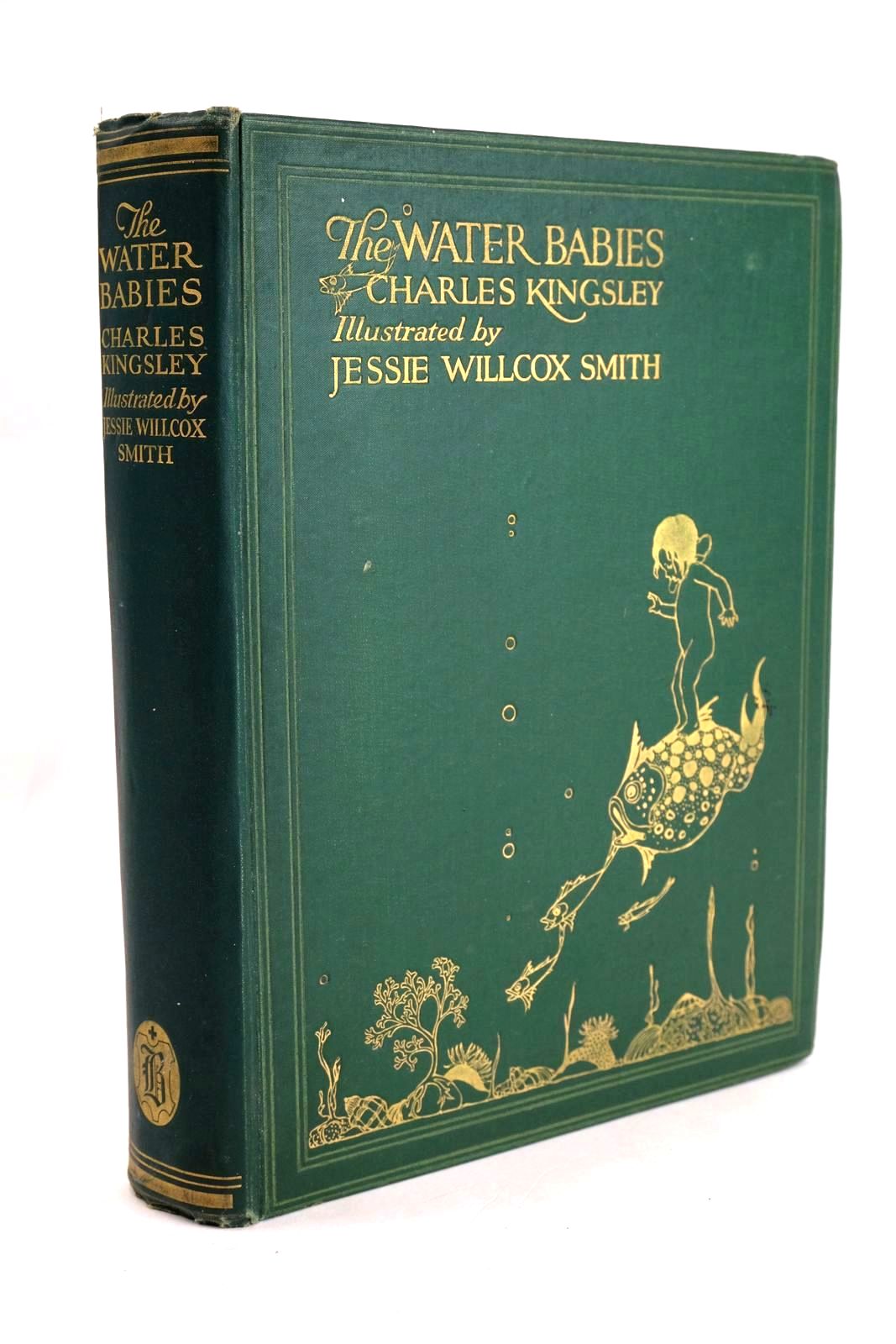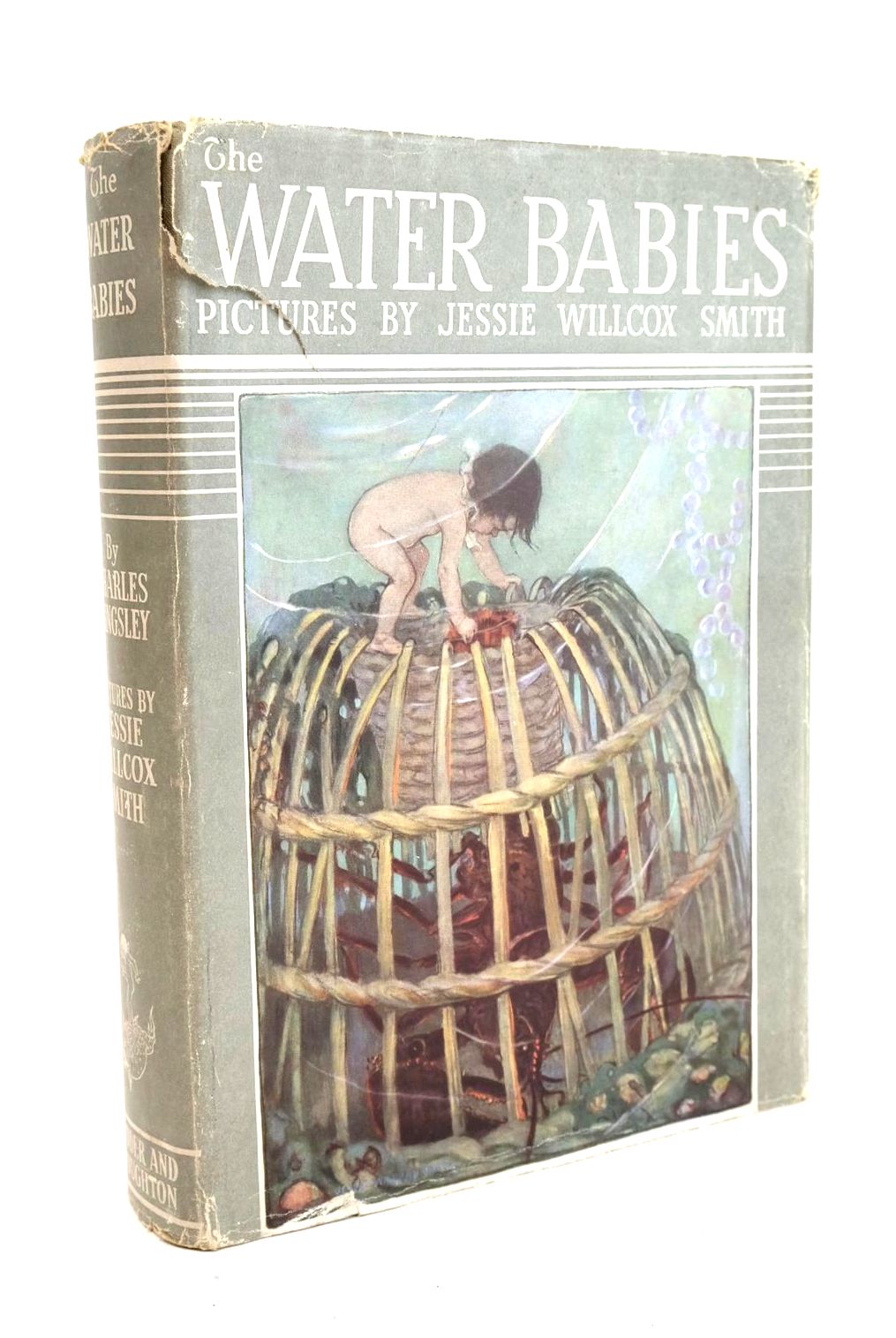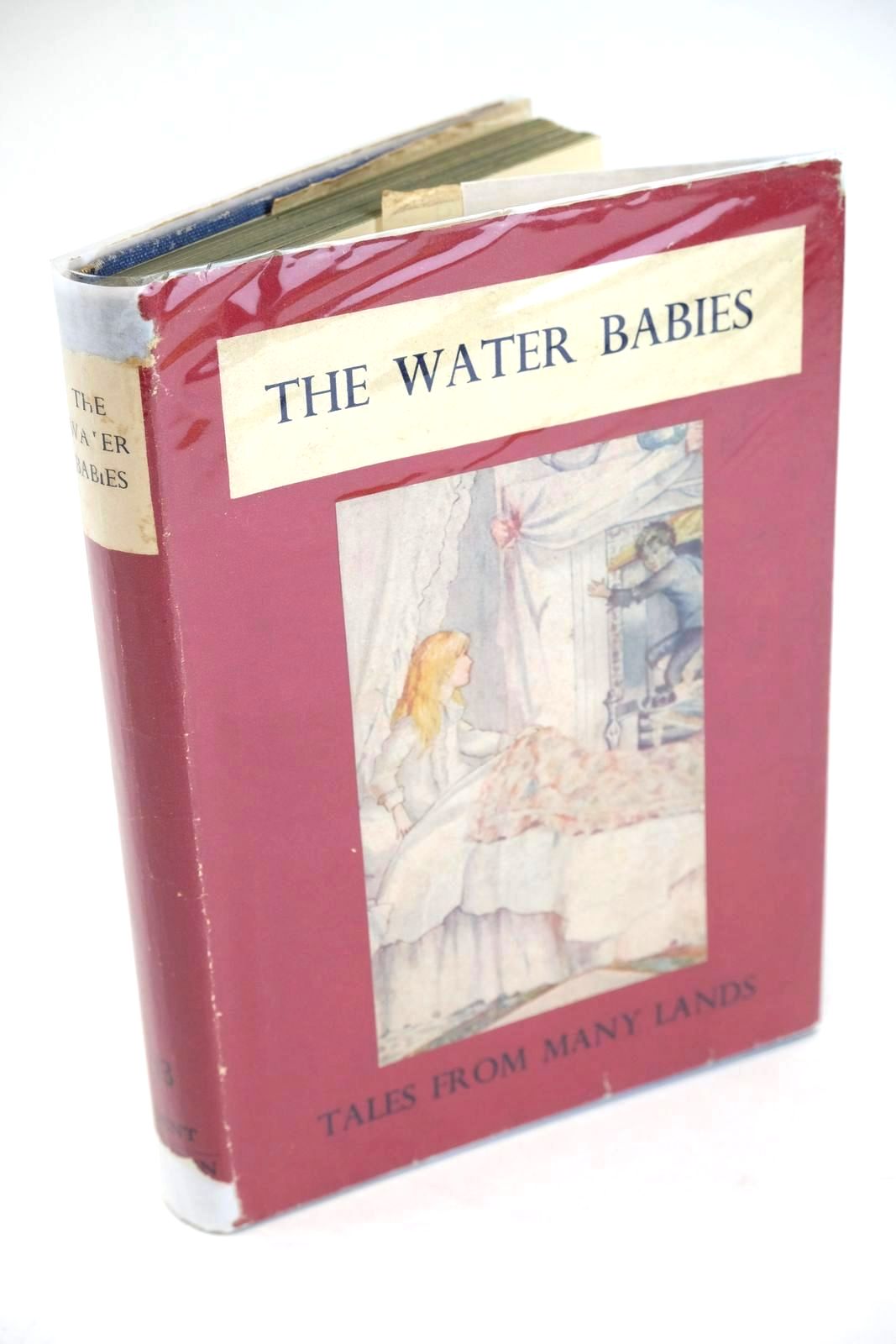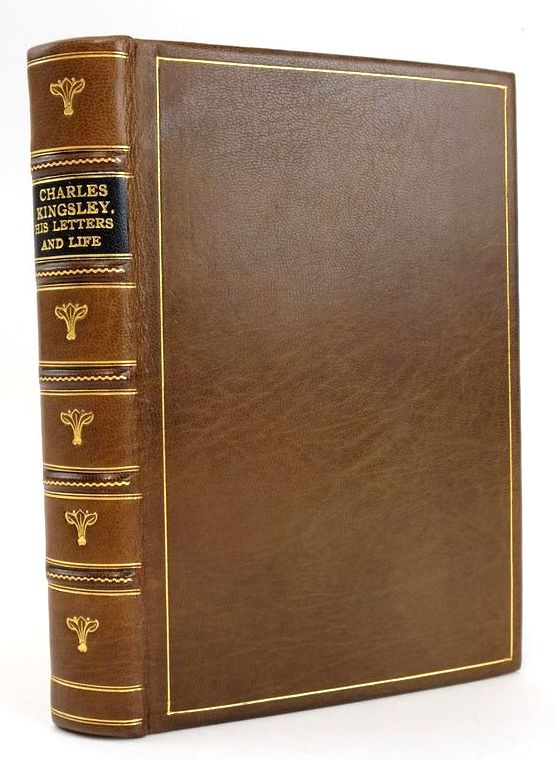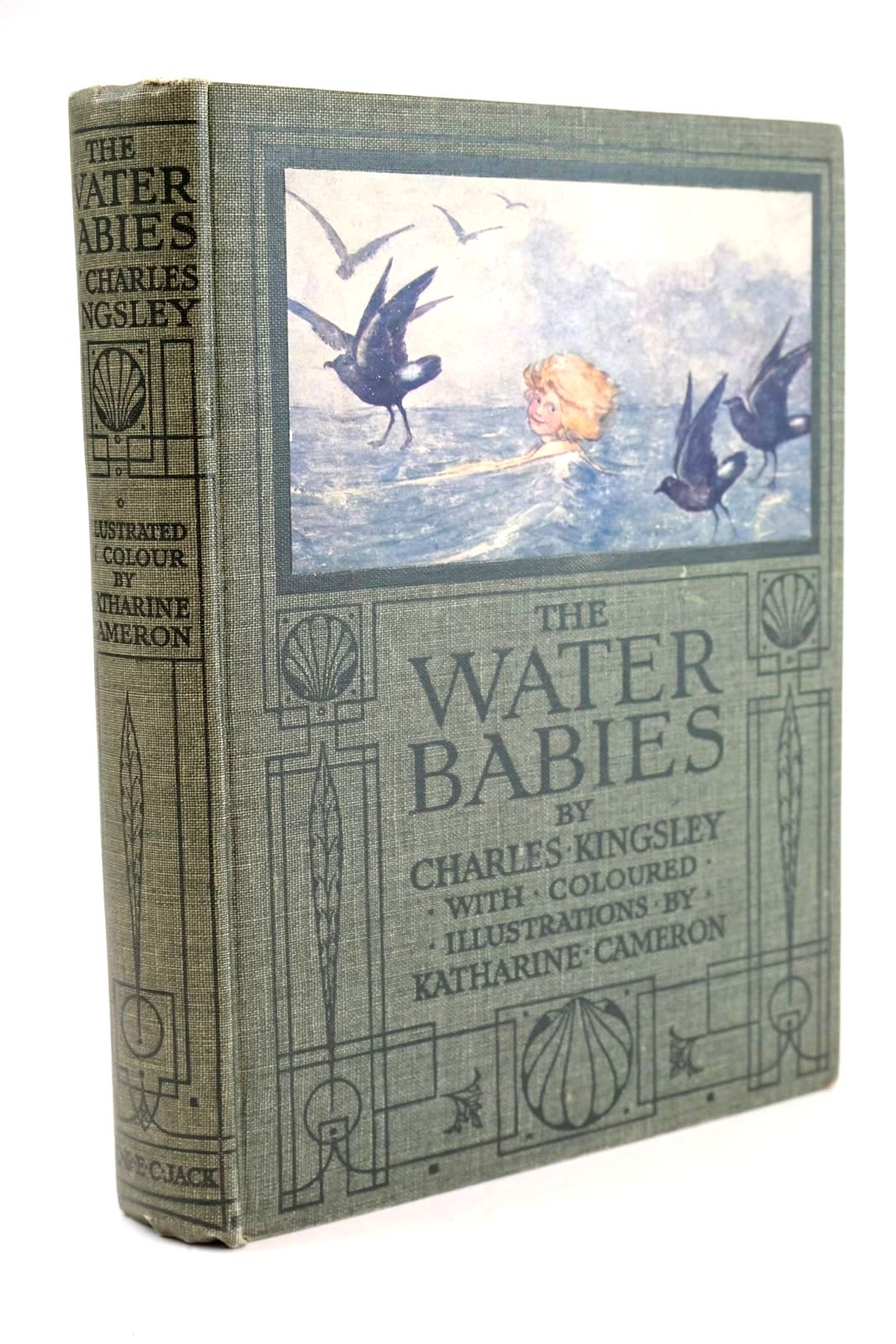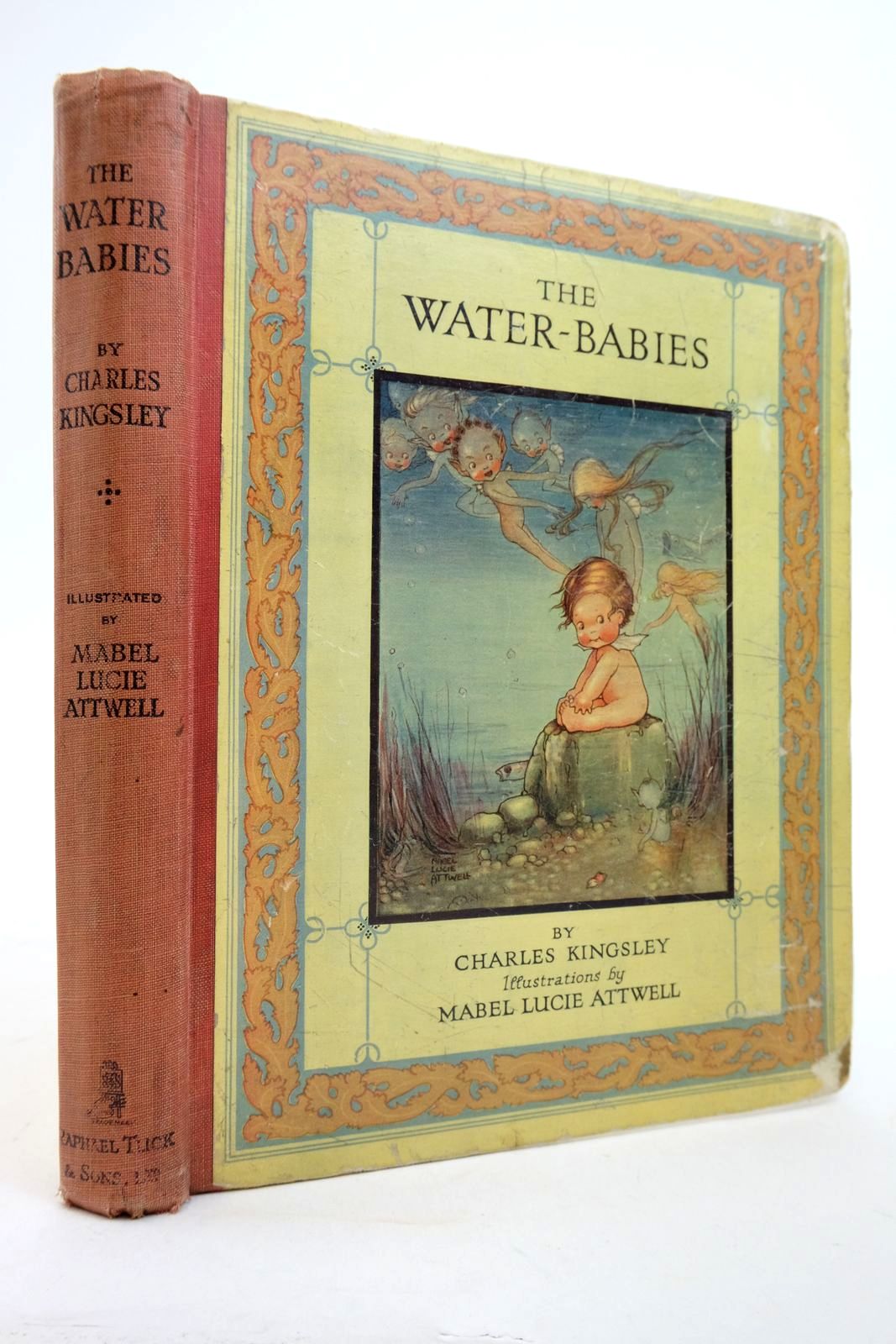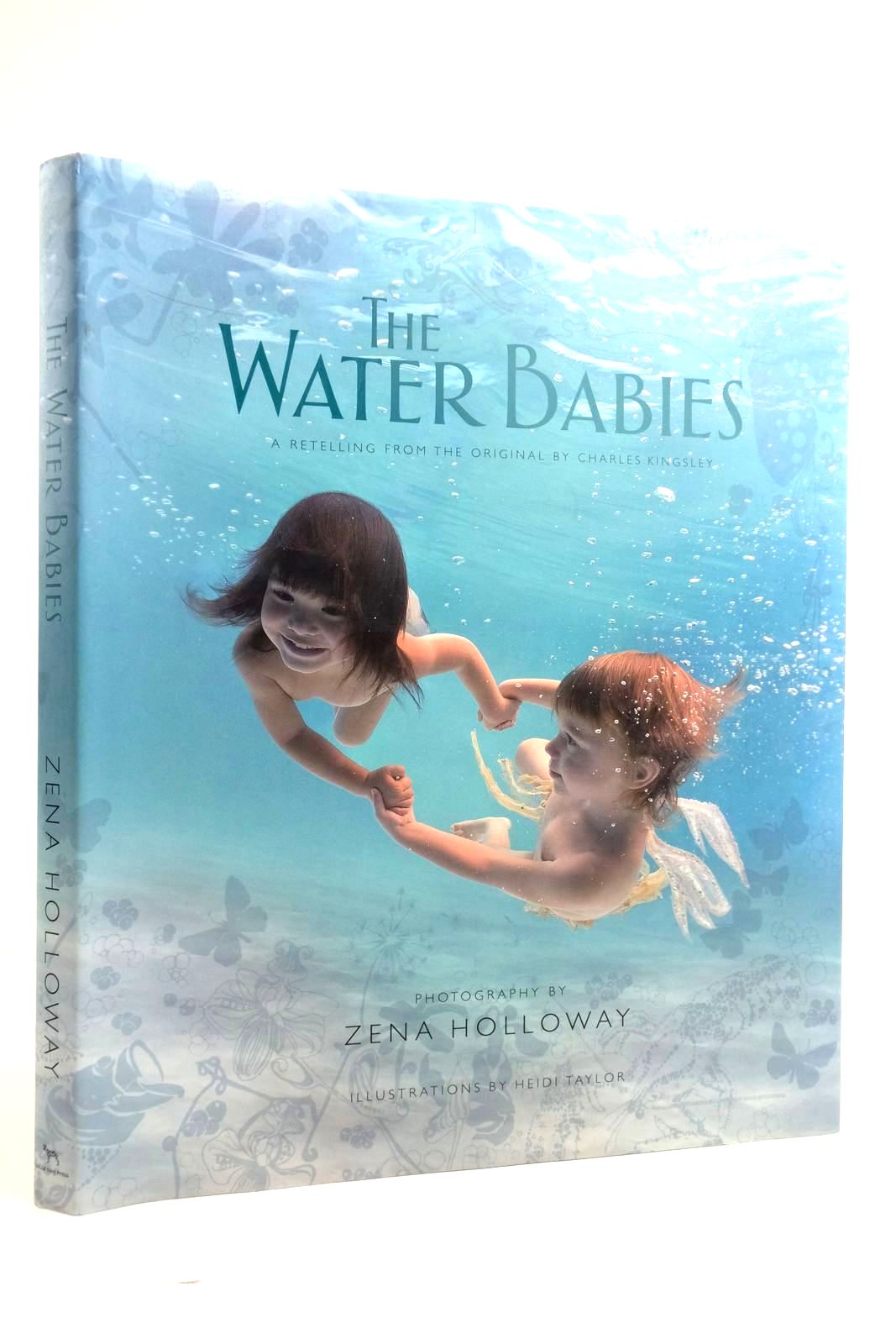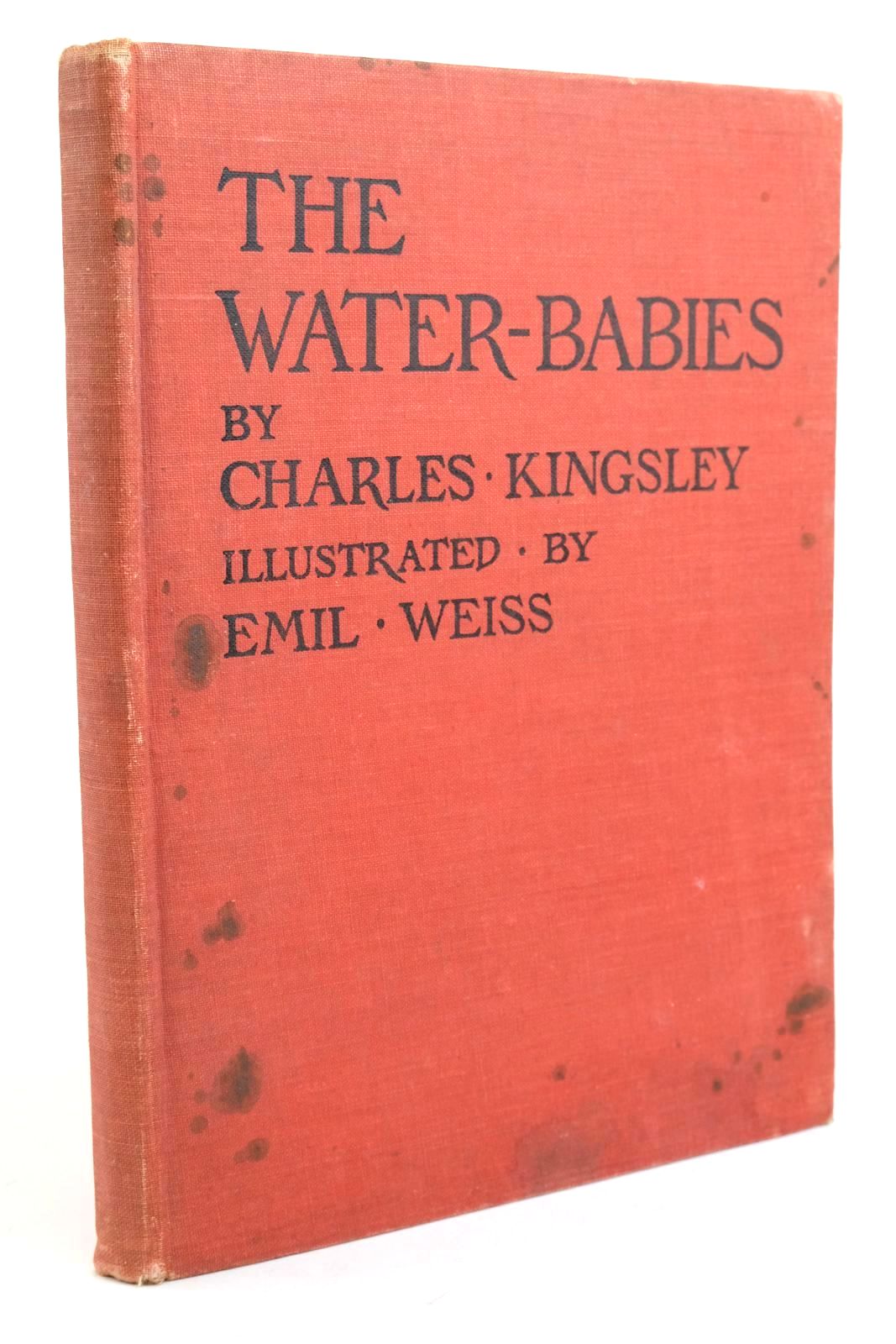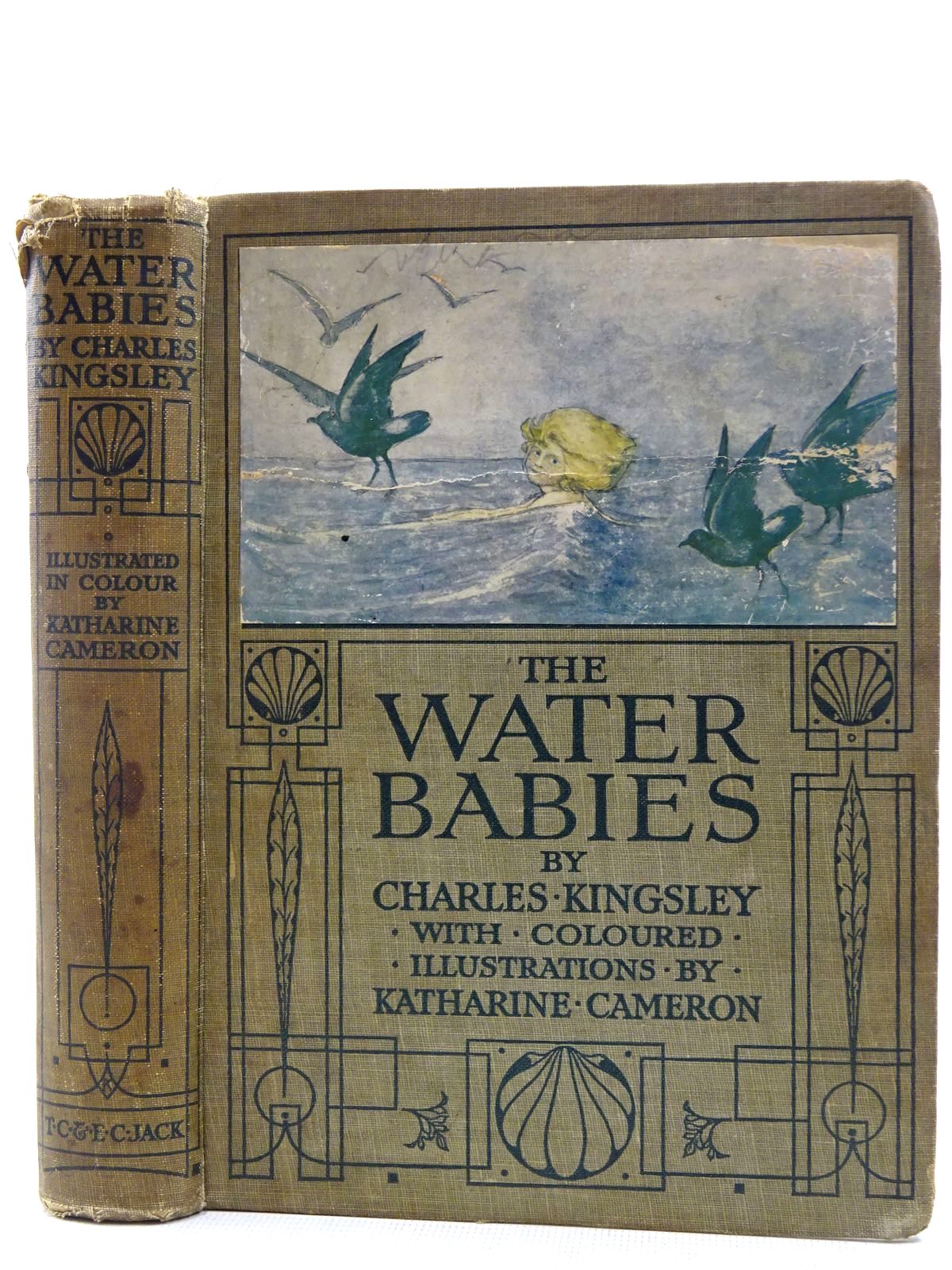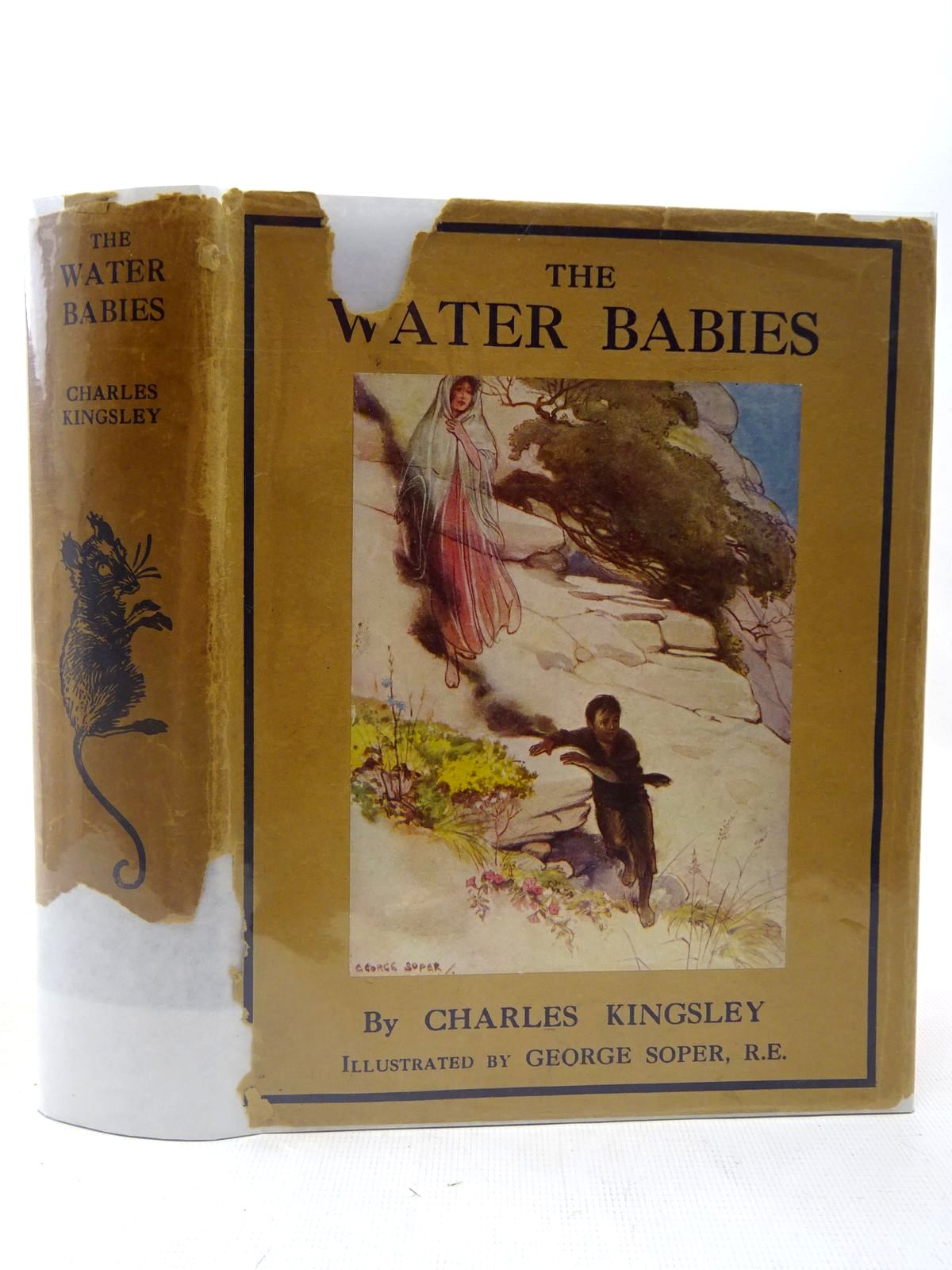Charles Kingsley (1819-1875)
 Charles Kingsley - poet, novelist, priest, scientist, political, social and literary critic - was one of the Victorian age's most prolific authors. He was born on 12th July, 1819 to Mary Lucas Kingsley and Charles Kingsley Senior at Holne Vicarage near Dartmoor, Devonshire, England. His school years were spent at Helston Grammar School in Cornwall where the headmaster was the Reverend Derwent Coleridge, son of Samuel Taylor Coleridge. During this time he showed a great interest in art, botany and geology and wrote much poetry. After studying at King's College, London and Magdalene College, Cambridge, he graduated with a first class degree in classics and a second in mathematics.
Charles Kingsley - poet, novelist, priest, scientist, political, social and literary critic - was one of the Victorian age's most prolific authors. He was born on 12th July, 1819 to Mary Lucas Kingsley and Charles Kingsley Senior at Holne Vicarage near Dartmoor, Devonshire, England. His school years were spent at Helston Grammar School in Cornwall where the headmaster was the Reverend Derwent Coleridge, son of Samuel Taylor Coleridge. During this time he showed a great interest in art, botany and geology and wrote much poetry. After studying at King's College, London and Magdalene College, Cambridge, he graduated with a first class degree in classics and a second in mathematics.
On July 6th, 1839 Charles met and fell in love with Frances Grenfell (Fanny), the daughter of a prosperous family and several years older than him. In 1842, Charles Kingsley left Cambridge to read for Holy Orders and in July of that year he became curate of Eversley Church in Hampshire, where he was to serve for the rest of his life, working feverishly to improve the appalling physical, social and educational conditions of his parishioners. He and Fanny were married in January 1844 and in May his extensive work as curate was rewarded when he was appointed rector of Eversley Church.
 In 1848 Kingsley moved onto the public stage in response to the working class agitation that climaxed in the Chartist collapse of that year. He then joined with F.D. Maurice, J.M. Ludlow and others to form the Christian Socialist movement. Kingsley published Workmen of England anonymously but he also adopted the pseudonym "Parson Lot" through which his Christian Socialist sympathies were voiced. During the next decade his written work highlighted the deplorable living conditions in both agricultural and city society of that time.
In 1848 Kingsley moved onto the public stage in response to the working class agitation that climaxed in the Chartist collapse of that year. He then joined with F.D. Maurice, J.M. Ludlow and others to form the Christian Socialist movement. Kingsley published Workmen of England anonymously but he also adopted the pseudonym "Parson Lot" through which his Christian Socialist sympathies were voiced. During the next decade his written work highlighted the deplorable living conditions in both agricultural and city society of that time.
In 1854 the Kingsleys moved to Bideford on the north coast of Devon where Charles wrote his historical romance Westward Ho!, probably the most widely-read of all his novels with the exception of The Water Babies. In 1855 he published Glaucus; Or The Wonders Of The Shore, an introduction to natural history and one of the first books of its kind to be written specifically for children. In 1856 his interest turned to heroes and heroism with The Heroes or Greek Fairy Tales for My Children, a retelling of ancient tales which indicated Kingsley's growing interest in writing for children.
 The year 1859 was important for Kingsley's career and ascendance on the social ladder. He was appointed chaplain to Queen Victoria and had the honour of preaching before the court at Windsor Castle. In 1860 he was offered the Regius Chair of Modern History at Cambridge and the following year he was appointed tutor to the Prince of Wales, the future Edward VII.
The year 1859 was important for Kingsley's career and ascendance on the social ladder. He was appointed chaplain to Queen Victoria and had the honour of preaching before the court at Windsor Castle. In 1860 he was offered the Regius Chair of Modern History at Cambridge and the following year he was appointed tutor to the Prince of Wales, the future Edward VII.
The Water- Babies a Fairy Tale for a Land-Baby appeared serially in Macmillan's Magazine in 1862 and was published in volume format in 1863, with two full page illustrations by J. Noel Paton. While the first edition is a very collectable and scarce item, there have also been numerous illustrated editions, many of which are extremely popular with collectors, and values range from just a few pounds for the later editions to well over £100 for earlier versions.
The many versions that are available are as sought-after for their illustrations as they are for the text. By the time Kingsley came to write The Water-Babies, he had established himself as one of the leading figures of his age, and the book's instant success added enormously to hisprestige. It quickly became a classic all over the world. Edward Lear wrote to Kingsley that he "firmly believed it all to be true" as has many a child since then.
 Some critics have complained that "Kingsley's greatest aim was to wash the British working class clean with middle-class soap and water, like Tom the chimney sweep". Whatever the origins of Kingsley's particular obsession, it led to the creation of an immortal fable which will keep his name alive long after the rest of his controversial career is forgotten.
Some critics have complained that "Kingsley's greatest aim was to wash the British working class clean with middle-class soap and water, like Tom the chimney sweep". Whatever the origins of Kingsley's particular obsession, it led to the creation of an immortal fable which will keep his name alive long after the rest of his controversial career is forgotten.
 Kingsley's final novel Hereward The Wake appeared in 1866. During 1868 and 1869 he published a series of articles for children and these were collected and issued in 1870 as Lady Why and Madam How: First Lessons in Earth Lore for Children. He toured the West Indies in 1870 andproduced notes that became At Last: A Christmas in the West Indies in 1871.He published Town Geology and became the President of the Midland Institute in Birmingham in 1872. He made an exhausting tour of America for six months and published Health and Education in 1874. When he came back to England he was worn out and, having contracted pneumonia, he died at Eversley on January 23rd 1875.
Kingsley's final novel Hereward The Wake appeared in 1866. During 1868 and 1869 he published a series of articles for children and these were collected and issued in 1870 as Lady Why and Madam How: First Lessons in Earth Lore for Children. He toured the West Indies in 1870 andproduced notes that became At Last: A Christmas in the West Indies in 1871.He published Town Geology and became the President of the Midland Institute in Birmingham in 1872. He made an exhausting tour of America for six months and published Health and Education in 1874. When he came back to England he was worn out and, having contracted pneumonia, he died at Eversley on January 23rd 1875.
Contributed by Nicola Phillips
(Published on 1st Oct 2013 )
